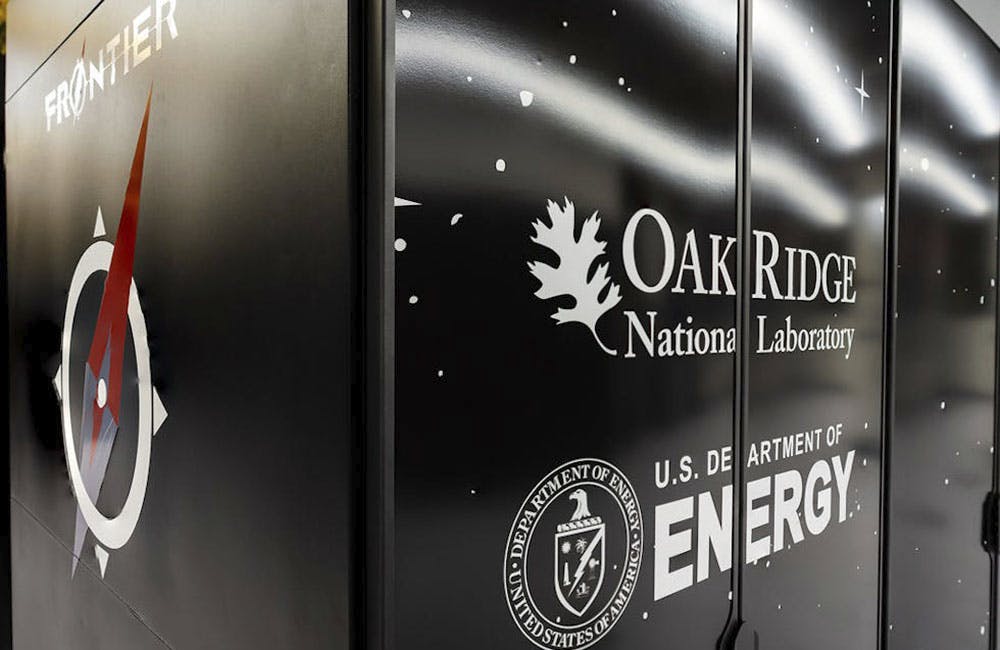Defense Department Officially Adopts AI Ethics Principles
The agency is following DIB’s recommendations for the technology.

The Defense Department’s official list of principles for ethical artificial intelligence affirms recommendations brought forth from the Defense Innovation Board last year.
The official list of principles are just about identical to the DIB’s proposed list, which the board presented after over a year of consultation with leading experts in AI across governmental, academic and commercial sectors.
DOD will adopt the five principles DIB offered in its October meeting and respective report. These principles, according to a DOD news release, call for the agency’s AI use to be:
- “Responsible. DoD personnel will exercise appropriate levels of judgment and care, while remaining responsible for the development, deployment, and use of AI capabilities.
- Equitable. The Department will take deliberate steps to minimize unintended bias in AI capabilities.
- Traceable. The Department’s AI capabilities will be developed and deployed such that relevant personnel possess an appropriate understanding of the technology, development processes, and operational methods applicable to AI capabilities, including with transparent and auditable methodologies, data sources, and design procedure and documentation.
- Reliable. The Department’s AI capabilities will have explicit, well-defined uses, and the safety, security, and effectiveness of such capabilities will be subject to testing and assurance within those defined uses across their entire life-cycles.
- Governable. The Department will design and engineer AI capabilities to fulfill their intended functions while possessing the ability to detect and avoid unintended consequences, and the ability to disengage or deactivate deployed systems that demonstrate unintended behavior.”
The principles will apply to both combat and non-combat AI functions and aims to align with DOD’s overall AI strategy.
“AI technology will change much about the battlefield of the future, but nothing will change America’s steadfast commitment to responsible and lawful behavior,” DOD Secretary Mark Esper said. “The adoption of AI ethical principles will enhance the department’s commitment to upholding the highest ethical standards as outlined in the DOD AI Strategy, while embracing the U.S. military’s strong history of applying rigorous testing and fielding standards for technology innovations.”
DOD leadership determined that the Joint Artificial Intelligence Center will be the main body to coordinate the ethics principles’ implementation across the department. JAIC Director Lt. Gen. Jack Shanahan and DOD CIO Dana Deasy, who championed the formation of AI ethics guidelines at DOD, presented the final principles at a press conference Monday in tandem with the release of the principles.
“We are grateful to the Defense Innovation Board for their thorough and insightful recommendations that led to the adoption of the DOD AI ethics principles,” Deasy said. “Ethics remain at the forefront of everything the department does with AI technology, and our teams will use these principles to guide the testing, fielding and scaling of AI-enabled capabilities across the DOD.”
This is a carousel with manually rotating slides. Use Next and Previous buttons to navigate or jump to a slide with the slide dots
-

The CAIOs Leading Responsible AI Development Across Government
Since the White House's AI executive order, federal agencies are in the process of naming chief artificial intelligence officers.
7m read -

Defense Board to Pitch Solutions for Closing Tech Talent Gaps
Defense Innovation Board members cite need to modernize people management the same way government modernizes technology.
4m read -

Energy Researchers Aim For Holistic Approach to AI Issues
A new center at the Oak Ridge National Laboratory is looking at under-researched areas of AI to better understand how to secure it.
2m read -

5 Predictions for AI in Government Technology
Agencies are setting plans in motion not only to integrate AI into their enterprises, but also ensuring the data that power these systems are fair.
41m watch








